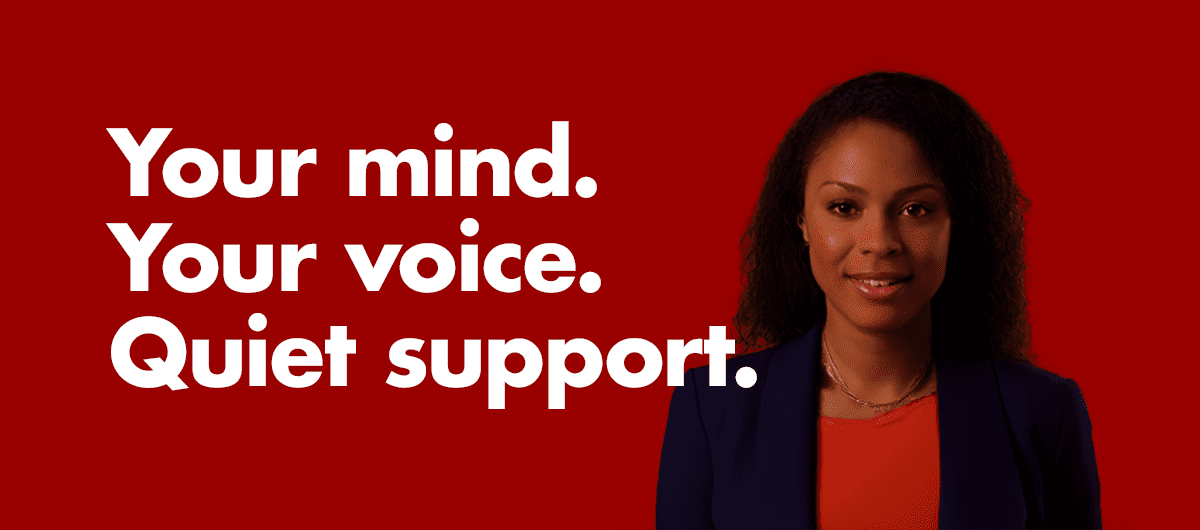Let’s be honest: if you’re neurodivergent and creative, the odds are stacked.
You’ve got a thousand ideas, often all at once. You burn bright. You care deeply. But you might also struggle with consistency, structure, task-switching, or actually finishing the beautiful things you start.
Traditional productivity methods? They can feel like wearing someone else’s trousers — stiff, ill-fitting, made for a body that’s not yours.
And yet… there’s work to do. Books to write. Clients to serve. A voice to bring into the world.
That’s where AI, used wisely, has become my silent partner. Not a taskmaster. Not a bossy app. Just a quiet assistant who shows up every time I sit down to work.
You are the artist. AI is the brush.
This is the mental model I’ve adopted — and it’s changed everything.
I am still the author of my ideas. The strategist. The sensitive one. The deeply human voice behind every post and product.
But when I need help:
- Getting started
- Structuring my thoughts
- Creating consistency
- Turning sparks into substance
AI is the tool I reach for.
It’s not creative instead of me. It’s creative with me. Like a co-writer who doesn’t interrupt, a mentor who never gets tired, or an intern who already knows your voice.
What this actually looks like
When I sit down to create, my brain doesn’t always cooperate. So I might say to Davo:
“I need a 1,000-word post on how AI helps neurodivergent creatives. Professional tone, slightly humorous, gentle clarity. Write it in my voice.”
And he’ll do it. Not perfectly. But surprisingly well. From there, I polish. Edit. Personalise. Inject stories. Strip out the fluff.
Or maybe I’ve got 20 fragments of a course rattling around in my head. I paste them in and say:
“Help me organise this into 5 modules. Suggest titles. Highlight gaps.”
He does. Again — not as a guru. But as a sounding board that holds it all for me when my brain can’t.
The emotional weight this lifts
For years I believed I had to push through on my own. That if I couldn’t do something consistently, it meant I was flawed. Lazy. Disorganised.
I now understand I just needed better scaffolding.
When AI holds the outline, I can focus on the substance. When it provides structure, I feel freer. I’m no longer battling the task — I’m building with a friend.
And that, for a neurodivergent creative, is no small thing.
A few boundaries I keep
AI isn’t therapy. It’s not a substitute for deep self-trust. And it’s not an excuse to switch off my own discernment.
So I set boundaries:
- I don’t feed it sensitive client data
- I always edit to sound like me
- I never hand over the final say
- I use it to lighten the load, not outsource my integrity
It’s the scaffolding. I’m still the builder.
This is the future (and you’re invited)
You don’t need to fear AI. You don’t need to hand over your art. But if you’ve ever felt overwhelmed, scattered, or lost in a sea of half-finished brilliance — this might be the gentle help you’ve been waiting for.
You are still the genius.
AI just holds the map.
Warmly,
Lee


Leave a Reply